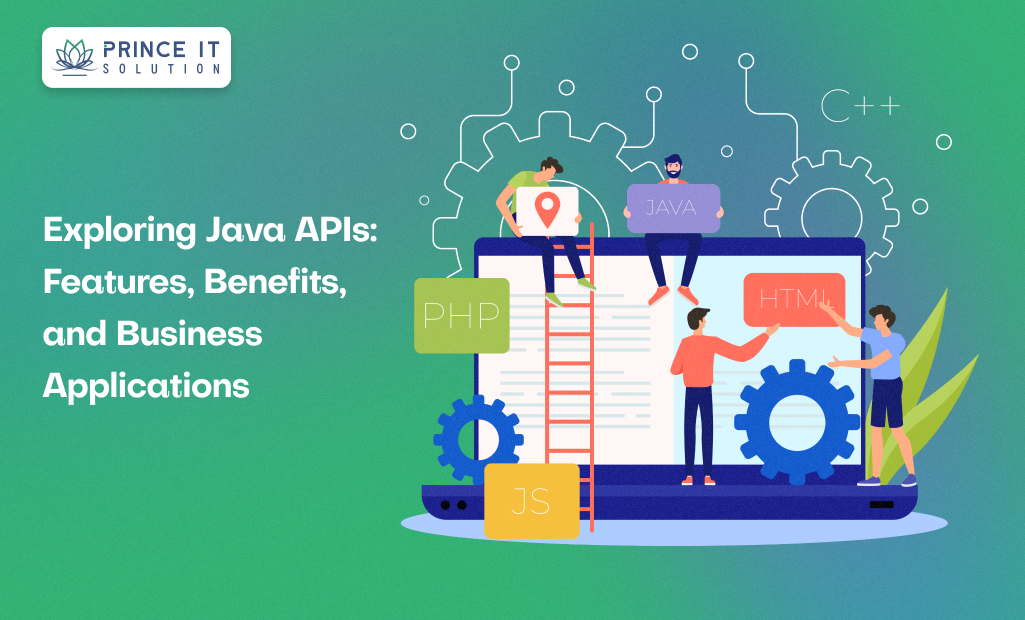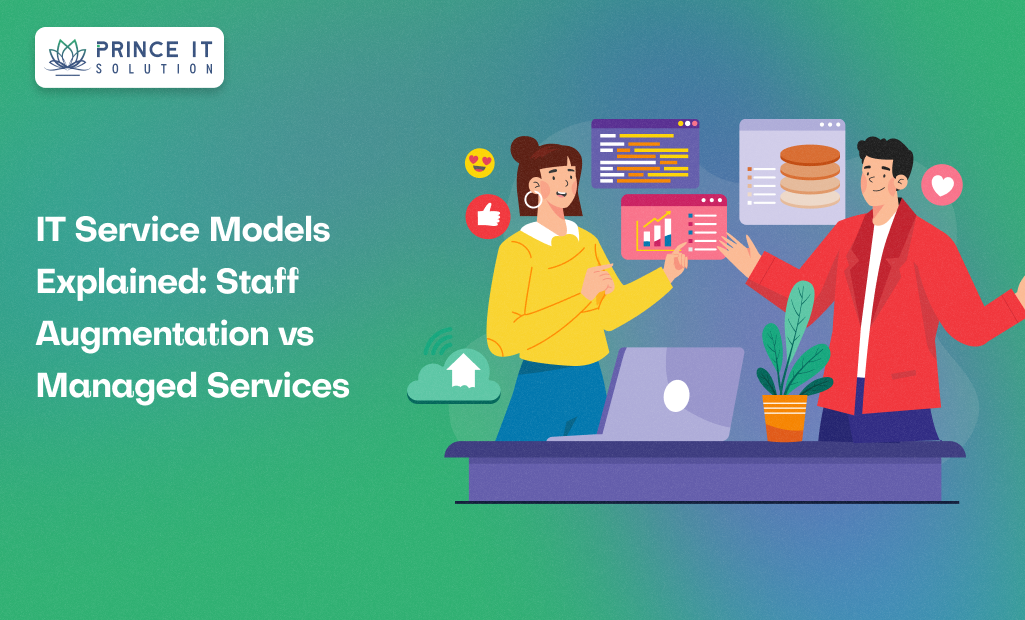Introduction: Why Java APIs Still Matter in the Modern Tech World
In today’s digital-first world, speed, efficiency, and scalability define the success of any business application. Software development is no longer just about writing code; it’s about building solutions that are reliable, user-friendly, and future-ready. This is where Java APIs (Application Programming Interfaces) have consistently played a vital role.
For nearly three decades, Java has stood strong as one of the most trusted programming languages in the world. From banking systems and e-commerce platforms to mobile apps and cloud solutions, Java powers millions of applications worldwide. At the heart of this success is the extensive ecosystem of APIs that Java provides, allowing developers to build innovative solutions without reinventing the wheel.
APIs act as bridges between different software components. They enable smooth communication, simplify complex processes, and allow developers to reuse tried-and-tested code. For businesses, Java APIs mean faster development cycles, improved product quality, and the ability to adapt quickly to new technologies.
This blog will explore the features, benefits, and business applications of Java APIs and why they continue to be essential in the modern digital landscape.
What Are Java APIs?
A Java API is a collection of prewritten packages, classes, and methods that developers can use to perform common programming tasks. Instead of writing everything from scratch, developers can simply call an API to handle tasks like file handling, database connectivity, or network communication.
Think of Java APIs as toolkits:
Need to connect your application to a database? → Use the JDBC API.
Want to secure your data with encryption? → Turn to the Java Cryptography API.
Building a web service? → Try the JAX-RS API.
This modular and reusable structure helps developers save time and focus more on solving business challenges rather than coding repetitive low-level logic.
Key Features of Java APIs
Portability
Java’s philosophy of “Write Once, Run Anywhere” applies to its APIs as well. Java APIs work seamlessly across different platforms, ensuring flexibility in development.
Reusability
APIs provide prebuilt components that can be reused across multiple projects, cutting down on development time and cost.
Security
Java APIs include strong frameworks for cryptography, authentication, and authorization, ensuring applications remain secure.
Modularity
APIs are organized into packages and modules, making it easier to integrate only the functionality you need.
Consistency
APIs follow standard naming conventions and design principles, ensuring code is easier to maintain and understand.
Scalability
Java APIs can handle enterprise-level workloads, making them suitable for high-performance applications.
Benefits of Java APIs for Businesses
Faster Development
By using APIs, developers can skip writing boilerplate code and focus on unique business logic. This shortens the time-to-market.
Reduced Costs
APIs cut down on man-hours, leading to reduced development expenses. Businesses can achieve more with fewer resources.
Improved Integration
Java APIs make it easy to connect different applications, systems, and technologies seamlessly.
Reliability
APIs included in the Java ecosystem are battle-tested and widely adopted, reducing the chances of errors and failures.
Innovation Enablement
With ready-to-use APIs, businesses can quickly adopt emerging technologies like cloud computing, IoT, and AI.
Popular Java APIs and Their Applications
JDBC (Java Database Connectivity)
Enables applications to interact with relational databases.
Common in enterprise apps that rely heavily on structured data.
Java Servlet API
Used for building dynamic web applications.
Forms the foundation of many Java-based web frameworks.
JAX-RS (Java API for RESTful Web Services)
Simplifies the creation of REST APIs.
Widely used in microservices and cloud-based architectures.
Java Mail API
Handles email sending and receiving in applications.
Useful for customer communication and notification systems.
Java Cryptography API
Provides tools for data encryption, secure communication, and authentication.
Essential in industries like finance, healthcare, and e-commerce.
Spring Framework APIs (External)
Offers powerful APIs for dependency injection, security, and web apps.
Ideal for modern enterprise applications.
Hibernate API (External)
Simplifies database interactions through Object-Relational Mapping (ORM).
Saves time when working with complex databases.
Business Applications of Java APIs
Banking and Financial Systems
Secure transactions using the Cryptography API.
Real-time data access via JDBC.
E-commerce Platforms
Dynamic web applications using the Servlet API.
Customer engagement with the Mail API.
Healthcare Applications
Secure handling of patient data with encryption APIs.
Integration of IoT-enabled medical devices.
Startups and SaaS Platforms
Quick deployment of scalable apps using Spring APIs.
Microservices powered by JAX-RS.
Cloud and IoT Solutions
Seamless integration with third-party APIs like Google Cloud or AWS.
APIs provide agility to adapt to fast-evolving environments.
Conclusion: The Enduring Value of Java APIs
In an era dominated by digital transformation, businesses need tools that enable speed, security, and scalability. Java APIs deliver all of these and more. They not only help developers write efficient code but also empower businesses to innovate faster, integrate better, and compete strongly.
From traditional industries like banking and healthcare to modern ecosystems like cloud computing and IoT, Java APIs remain the backbone of digital solutions. Their consistency, reliability, and versatility make them a critical enabler of success in the modern digital economy.
As businesses continue to embrace new technologies, Java APIs will remain a powerful ally, ensuring that innovation doesn’t come at the cost of efficiency or security.



